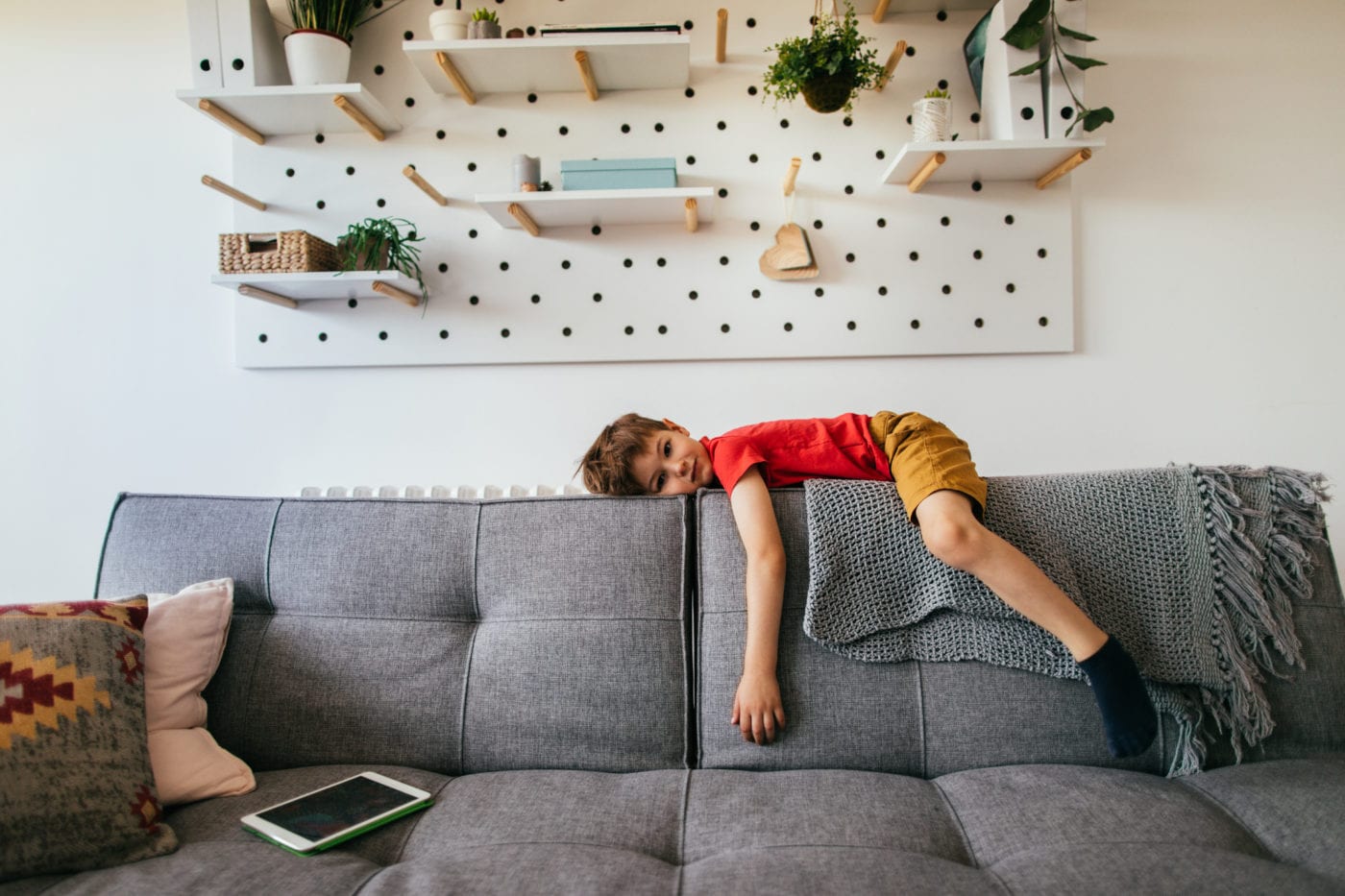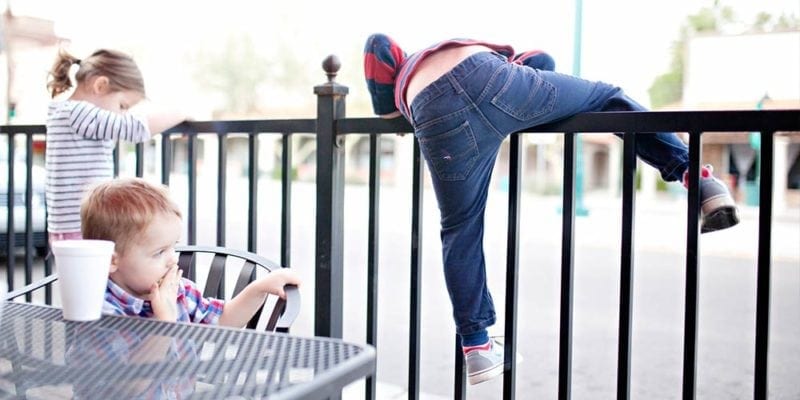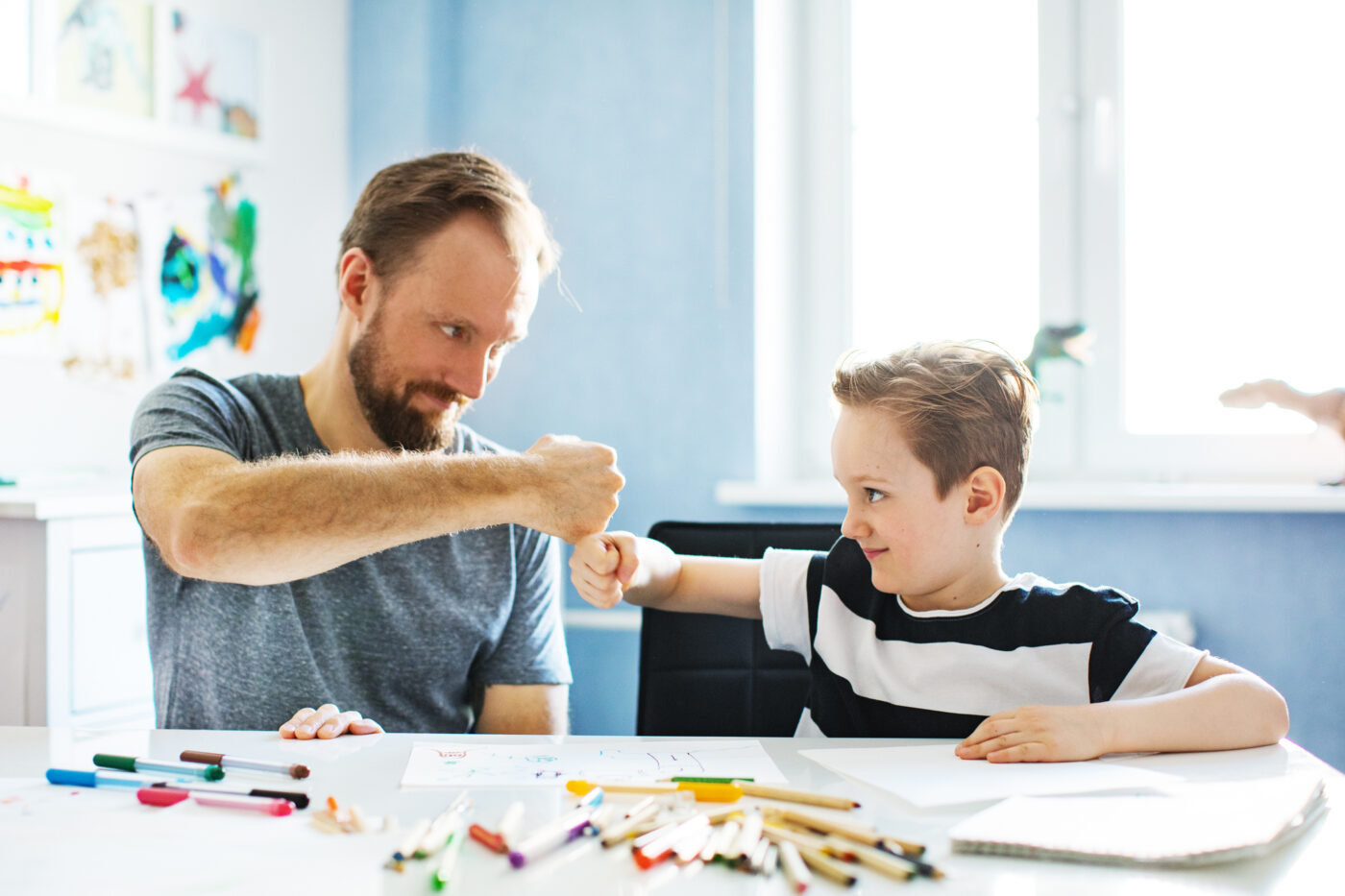Would you buy a parenting book promising to help you raise unhappy kids? Of course not! As a parent, you certainly want your kids to be happy. In fact, much of our time, effort, and money in parenting goes to making our kids happy.
But what if happiness is overrated? What if sometimes, what you really want is unhappy kids? I would argue that having occasionally unhappy kids means you are parenting your kids well—that you are doing something right. Here are 5 negative things you should want your kids to say that prove they are unhappy.
1. “I’m bored.”
Parents often feel like it’s their job to entertain their kids by keeping them happy and occupied. However, study after study has shown that some degree of boredom is actually healthy for kids and stimulates creative thinking and inventiveness. As philosopher Bertrand Russell noted, “A generation that cannot endure boredom will be a generation of little men, of men unduly divorced from the slow processes of nature, of men in whom every vital impulse slowly withers, as though they were cut flowers in a vase.”
It is not your job to keep your kids busy. In fact, it’s your job to fight against the pull toward busy-ness.
2. “That’s not fair!”
No doubt you’ve heard this from your child. But our kids need to learn that life does not deal in equity. Some people have to struggle greatly while others struggle very little. Life is not fair, and we can’t wait for it to be fair to find some meaning. We don’t want to intentionally frustrate our children, but we also don’t cater to them. “That’s not fair” can just as easily mean “that’s not what I want.” So we should do what we believe is good for our children and, along the way, help them deal with the reality that life is not always fair. In spite of that, they can still live full and meaningful lives.
3. “I’m so mad!”
Why would we want our children to get mad? Well, there are things in this world that should make us angry. We want our children to understand that some things are just and some are not—and that anger is an appropriate response to injustice. We also need to help our kids deal constructively with anger. They’re human; they’re going to get angry. As a parent, it’s important that you take those opportunities to help them learn how to deal well with their emotions.
4. “It’s so embarrassing!”
My kids most often feel embarrassed when they don’t fit in or meet some societal expectation. Of course, we don’t want our kids to be social rejects and deal with public humiliation. However, moments of embarrassment create opportunities to discuss how much they value the opinions of others (and how much they should). It’s a chance to help them discover a true sense of self.
5. “It makes me really sad.”
This statement, perhaps more than any other, is one we desire to avoid with our kids. We don’t want them to be sad. No one likes feeling sad. And yet, as a human, it is unavoidable. Our kids will get sad. What’s tragic is when they feel like they can’t be. When our kids are sad, we want them to be able to acknowledge and express it. We need to affirm that being sad is OK. We must help them process grief and move through it.
Sound off: What other “negative” things do you want your kids to say?











Huddle up with your kids and ask, “When is the last time you felt angry or sad?”